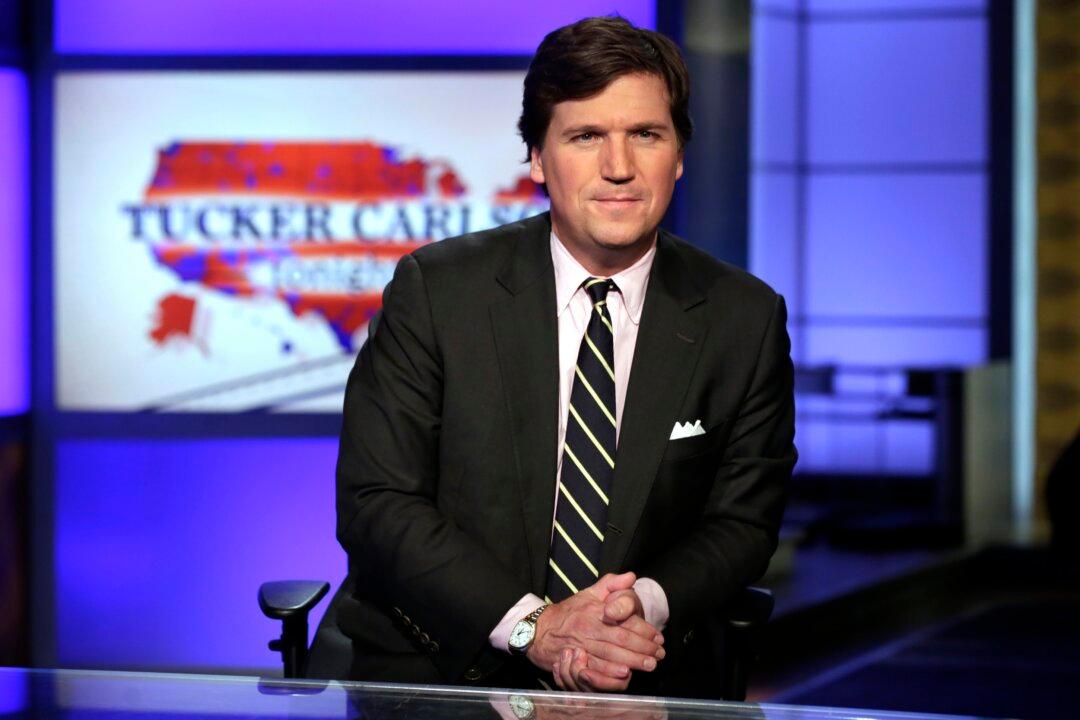Commentary
A recent article published by Defense One, titled “How Tucker Carlson Helped Turn Americans Against the Military,” has garnered significant attention. As the title suggests, the piece argues that the renowned former Fox News host Tucker Carlson has played a significant role in undermining public trust in the U.S. military.

